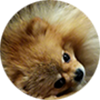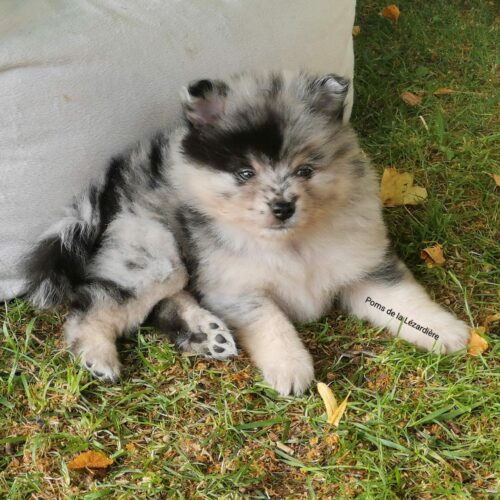What you need to plan and do before your puppy arrives
The puppy is curious and always looking to explore!
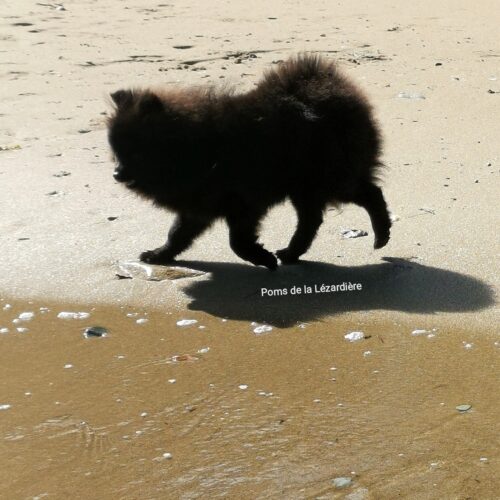
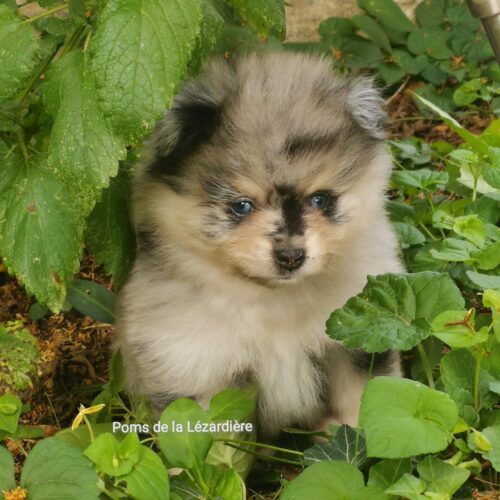
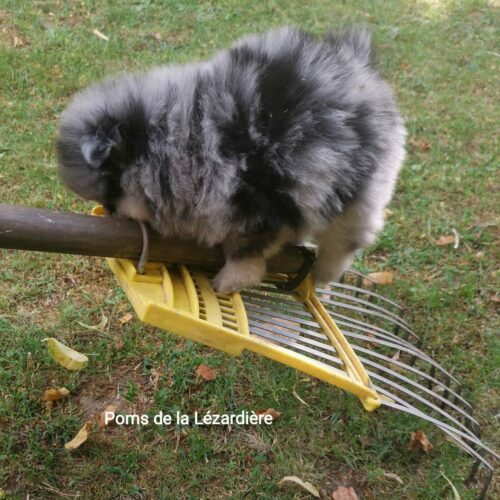
I – Before the puppy’s arrival
-
⚠️ Dangers inside the home
A few simple precautions can help limit the risks:
-
Cover electrical outlets.
-
Remove or protect any accessible electrical cables that the puppy could chew on.
-
Secure windows, balconies and stairs to prevent falls.
-
Keep potentially dangerous medications, household products and liquids out of reach.
-
Keep away sharp or small objects that could be swallowed.
-
Place houseplants out of reach or check that they are not toxic.
🌿 Dangers in the garden
The garden also requires special attention:
-
Repair any holes or gaps in the fence to prevent escape and protect the puppy from the road.
-
Remove or place out of reach of poisonous plants.
-
Store fertilizers, herbicides, insecticides and other chemicals carefully.
-
Don’t leave garden tools lying around.
-
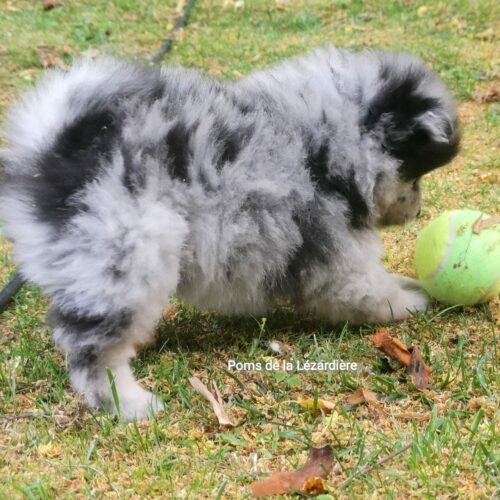
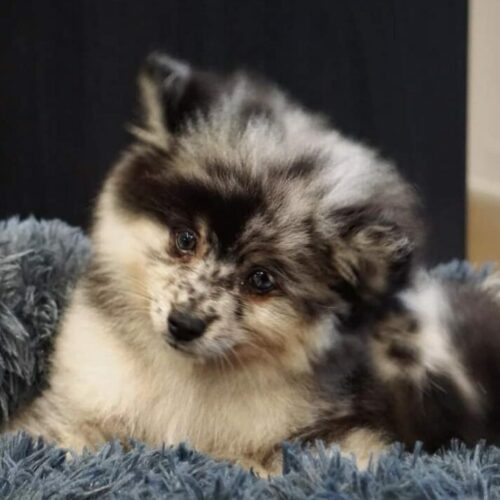
2 – The rest area: basket or cushion
The rest area should be set up in a quiet and comfortable location, away from frequent traffic, drafts and excessively intense sources of heat or light.
Avoid placing it in a traffic area (entrance, corridor, in front of a door).
Ideally, the puppy should be able to see or smell you when it is in its basket. This reassures it and helps it feel safe.
The bedding should be adapted to its size, soft and well padded.
You can add a blanket or a small throw under which he can snuggle: this reinforces his sense of security during his sleep phases.
This basket becomes his personal space. It’s important not to disturb him when he’s resting there. Children also need to understand that this is a quiet space that must be respected.
For the first few days, gently show him his bed. Encourage him to go in, without forcing him. You can put some kibble or a toy in it so he associates this place with something positive and pleasant.
3 – The feeding area: one bowl for water, one for food
The puppy arrives at your home with its usual kibble and food bowl.
Personally, I recommend setting up the bowls in the kitchen, but you can choose another location that suits your needs. The important thing is that the space is quiet, accessible, and stable..
The puppy shouldn’t be in the middle of the family table during meals, but it shouldn’t be completely isolated either. It needs to stay connected to you, hear you, and participate in the life of the household. Fresh water should be available at all times.
If you change the location of the food bowls, avoid doing so too often so that he retains his bearings.
During meals, the puppy should be able to eat peacefully, without being disturbed. Children must understand that you don’t touch a dog while it’s eating.
Continuous meals or meals at fixed times?
Personally, I recommend feeding at fixed times. The puppy quickly gets used to these times, which promotes better digestive regulation.
In addition, regular schedules facilitate house training, as the puppy will naturally want to go outside shortly after eating.
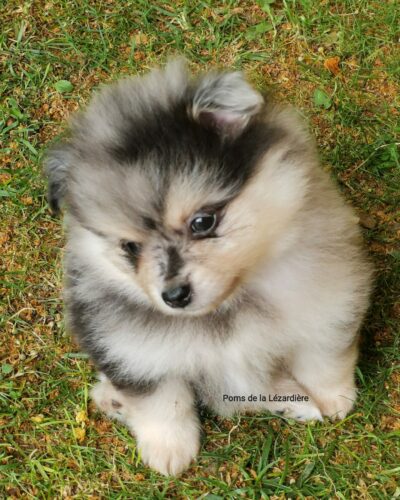
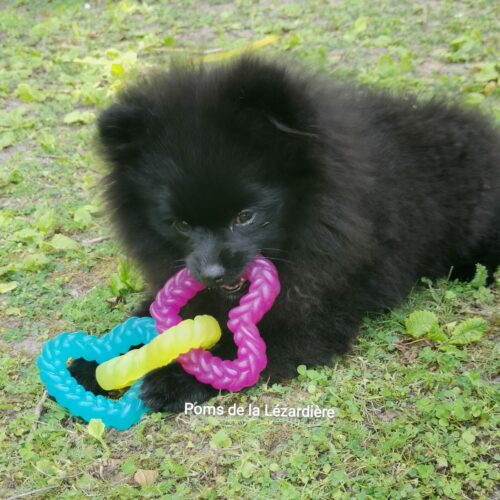
4 – The toy box: a variety of suitable toys
(knots, plush toys, chew rope, buffalo horn, noisy toys…)
The puppy needs to play every day. Play allows it to expend energy, learn, feel reassured, and strengthen its bond with you.
He needs to be able to chew, pull, cuddle, manipulate, and sometimes even “destroy” certain suitable toys. Chewing is a natural need, particularly important during teething.
Offer your child a variety of safe toys that are appropriate for their size. Alternating toys helps maintain their interest and prevent boredom.
By providing him with appropriate objects, you prevent him from going towards your shoes, table legs, cushions or other objects in the house.
It is also important to regularly check the condition of toys and remove any that are damaged to avoid any risk of ingestion.
Finally, don’t forget that the best toy is still your presence: sharing moments of play strengthens the bond and contributes to your puppy’s emotional balance.
5 – Walks: Take your puppy out regularly
Walks are essential for its balance, learning, and cleanliness.
Take your puppy out:
-
upon waking up,
-
after the nap,
-
after each meal,
-
after a gaming session or a moment of excitement,
-
and of course before nightfall.
These regular sessions allow him to gradually learn to relieve himself outside. Praise him warmly when he goes in the right place: positive reinforcement is key to learning.
Walks aren’t just for housebreaking. They’re essential for socialization. Your puppy needs to discover the world around it: noises, smells, cars, passersby, children, other dogs… Every positive experience builds its confidence and future well-being.
Adjust the length of outings to its age. A puppy tires quickly: opt for several short daily outings rather than one long walk.
Régularité, patience et encouragements feront de votre chiot un chien propre, confiant et bien dans ses pattes.
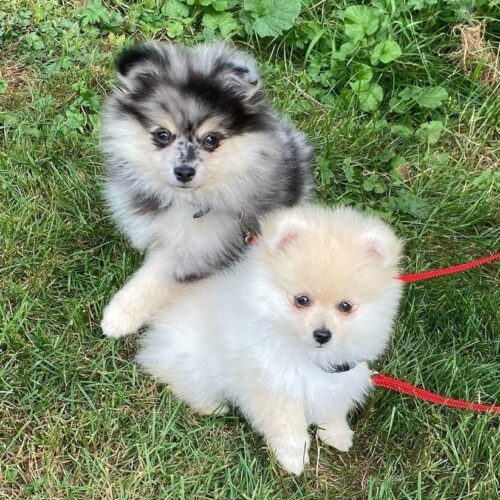
Direct-Vet.fr
The puppy’s first nights at home
Video explanation by Dr Charlotte RENARD
Consulting veterinarian for Direct-Vet.fr
More information
Upon arrival, the puppy looks around, sniffs and observes its new environment.
It is important to continue its integration and training.
Regularity, consistency and calmness are the keys to good learning.
